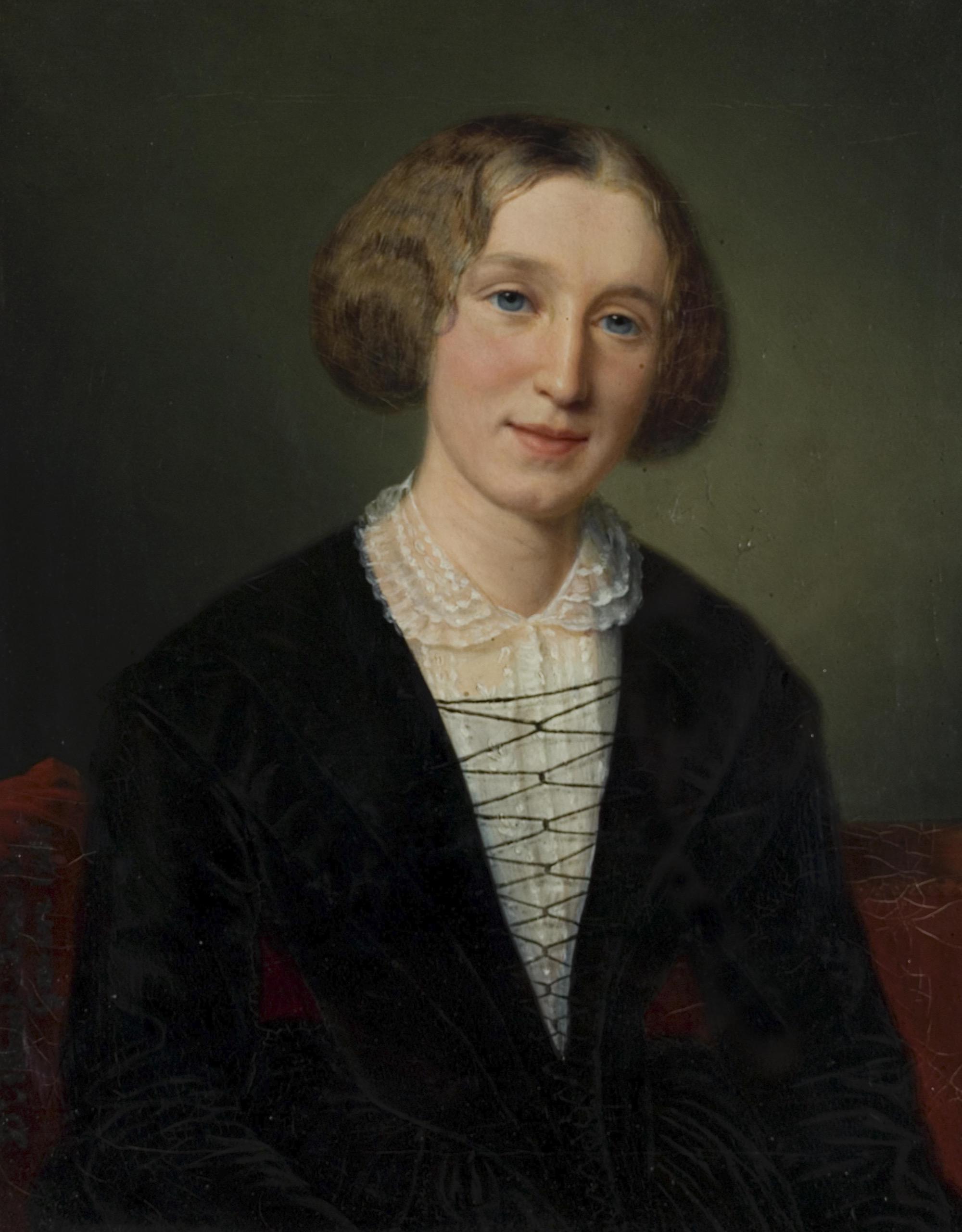Imagine you are walking into a nightclub in Berlin. You have waited in line for a while, and now there are two stickers on your phone—the front and back cameras cannot capture anyone or anything anymore. When I first moved to Berlin, I always saw this as a symbol of freedom, but with time, I started to question this freedom. People’s phones seem to be covered, but social surveillance still lingers.
Looking at Nietzsche’s insights on Surveillance in his book On the Genealogy of Morals, first published in 1887, allows us to reflect on the diverse mechanisms of scrutiny that control and shape our society. These diverge from political surveillance, through censorship or prison systems, to social surveillance seen in laws or authority figures, or even technological surveillance, exemplified by data tracking or your smartphone’s camera. For now, I’ll focus on the different ways nightclubs perpetuate social surveillance but also the internalization on an individual level of the power dynamics of these social spheres.
There is no doubt that unspoken social contracts dictate how we should behave, but Nietzsche’s insight on justice, debtors, and creditors might help us look at this thoroughly. It is as if the debtor owes a certain behavior to their creditor, and if they fail to do so, scrutiny comes into action. In this realm, the creditor looks more like a blurry cloud of people, and scrutiny might take different forms.
At first, it might seem obvious that scrutiny comes through the form of social rejection (such as people looking at you weirdly or excluding you from a circle), but Nietzsche’s insights on bad conscience, individual sovereignty, and internalization make us understand that our mind, on top of being the receiver of this scrutiny, might as well just be also its creator.
For example, with the growing trend of banning cell phones or tapping cameras in clubs to protect privacy, it might feel like all forms of surveillance have been removed. Direct political surveillance or police oversight is mostly absent, and—with the elimination of phones and other technological monitoring devices—it seems like a monitoring-free space. Yet, people still do not seem entirely at ease, which points to the presence of social surveillance. As critical beings, we are aware that others around us, as well as our own selves, are mediums of surveillance, and this awareness shapes how we behave, even in these supposedly liberated spaces.
Custom and respect for the common norms drive how individuals dance in a club full of people and in their relationships with one another. In this setting, individuals tend to perform as if the dance floor turns into a theater stage. Nietzsche distinguishes strength from the expression of strength. In this context, one can mention the difference between comfort and enjoyment and the expression of comfort and enjoyment. It is important to understand that most people in this setting might not even feel comfortable and enjoy the club, but rather perform as if they do. How many times have we disliked the music playing at a club but pretended like we enjoyed it just because everyone around us seemed to be enjoying it?
In a way, this performance is both a response and the very creation of the social surveillance being discussed. As much as the expression of enjoyment makes it seem that the individual fits in the setting that they are creating and experiencing, it also serves as the basis for the structure that makes all other individuals in the same nightclub act the same way, not leaving much room for an expression of discomfort. This lack of opposition towards the imposed social agreements has a new layer with the ascent of social media—individuals stop perceiving those in the same room as the audience they perform for, rather they started living their lives under the idea that anything could be captured at any moment—and here lies the symbolic power of banning cellphones.
This idea of not being able to perform in a way that is contrary to the other individuals in the same setting also relates to the concepts of debtor and creditor developed by Nietzsche. In this setting, individuals are forced into a social contract where enjoyment and even a sense of “coolness” are due to all those around them, and as soon as one fails to comply with those they are labeled as outsiders, a label that suggests the debtor should create a sense of guilt for not being able to fit in the environment they entered into actively. This guilt is projected onto the debtor to give more power to those who do fit into the environment previously described. If internalized, this guilt will develop into the concept of “bad conscience,” where the soul divides against itself to torture the individual. At this point, there is no outside surveillance needed, as the individuals will set expectations on themselves that won’t allow them to exist peacefully in the environment they are in. In Nietzsche’s words, “Man’s suffering from man, from himself.” Regarding this bad conscience and feeling of performing, the philosopher encourages human beings to enjoy freedom, away from the social constraints that are the very basis of social surveillance, but does not give any sort of advice or practical instruction on how to do so. I argue that it takes a lifetime to figure out how to do it, but in the meantime, let’s focus on “Bad Romance” instead of “bad conscience.”
The post Nightclubs, Surveillance, and Nietzsche: The Dance Between Power and Freedom first appeared on Blog of the APA.
Read the full article which is published on APA Online (external link)






